Collective bargaining may be Europe's only defense against US President Donald Trump's "closeness" to rival superpowers, as well as Washington's protectionist policies and "transactional diplomacy ".
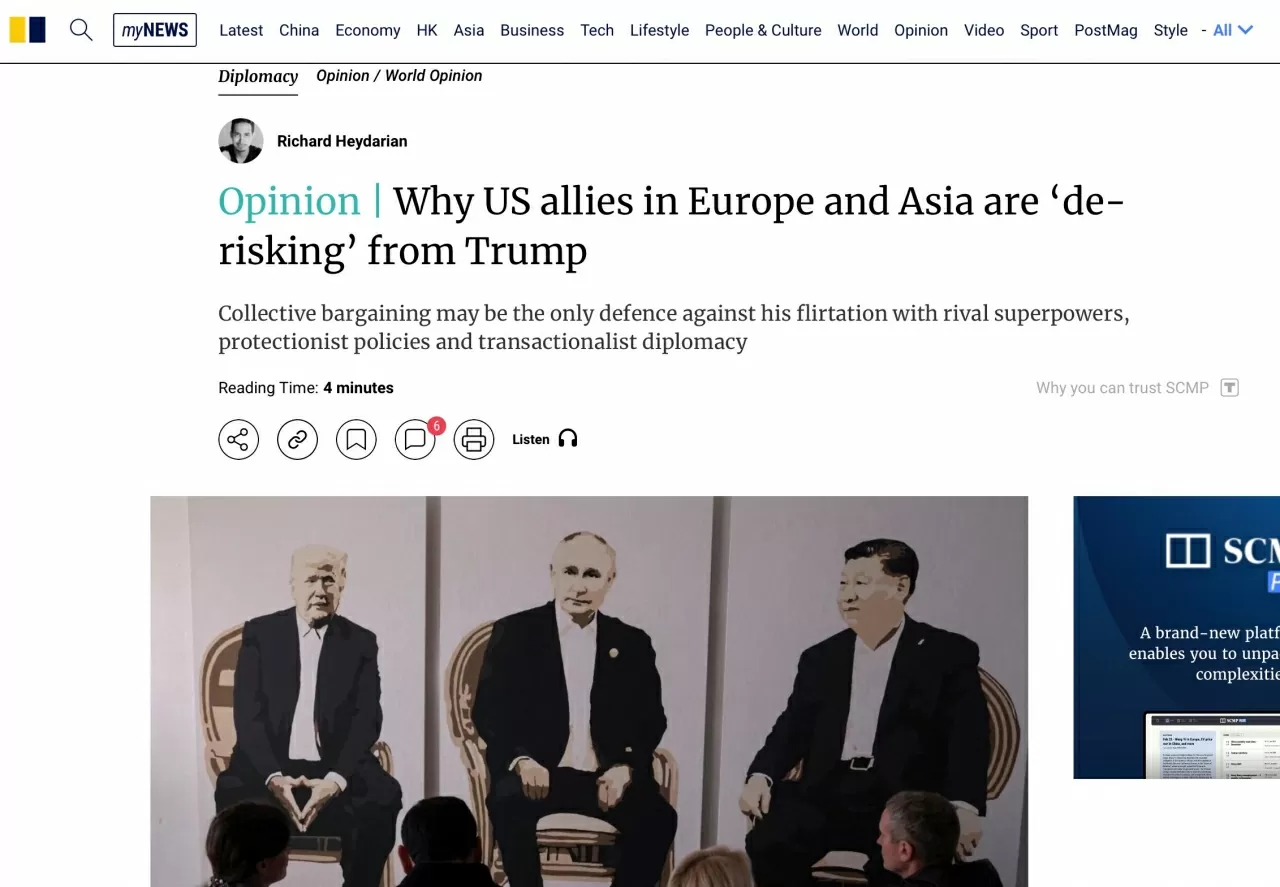 |
| The article "Why US allies in Europe and Asia are 'de-risking' from Trump" was published in the South China Morning Post on March 4. (Screenshot) |
That is the opinion of Professor Richard Javad (*) in the article " Why US allies in Europe and Asia are 'de-risking' from Trump" published in the South China Morning Post on March 4.
Europe at the crossroads
According to Professor Richard Javad, Europe now urgently needs to unite to deal with Washington's unpredictable policies.
Last week, the leader of Germany's opposition Christian Democratic Union (CDU) party, Friedrich Merz, declared after his election victory that his “absolute priority” was “to strengthen Europe as quickly as possible in order to gradually achieve real independence from the United States.”
At last year's NATO Summit, Mr. Friedrich Merz also mentioned accelerating the construction of "Europe's independent defense capacity", and expressed his intention to cooperate closely with French President Emmanuel Macron, who is taking the lead in promoting the "old continent's" autonomous strategy.
Friedrich Merz’s statement came just before a heated argument between US President Donald Trump and his Ukrainian counterpart Volodymyr Zelensky. This “verbal” meeting further damaged the already frayed transatlantic relationship.
In response, top European leaders, along with Canada, held a summit on March 2, pledging support for Ukraine and increased defense spending.
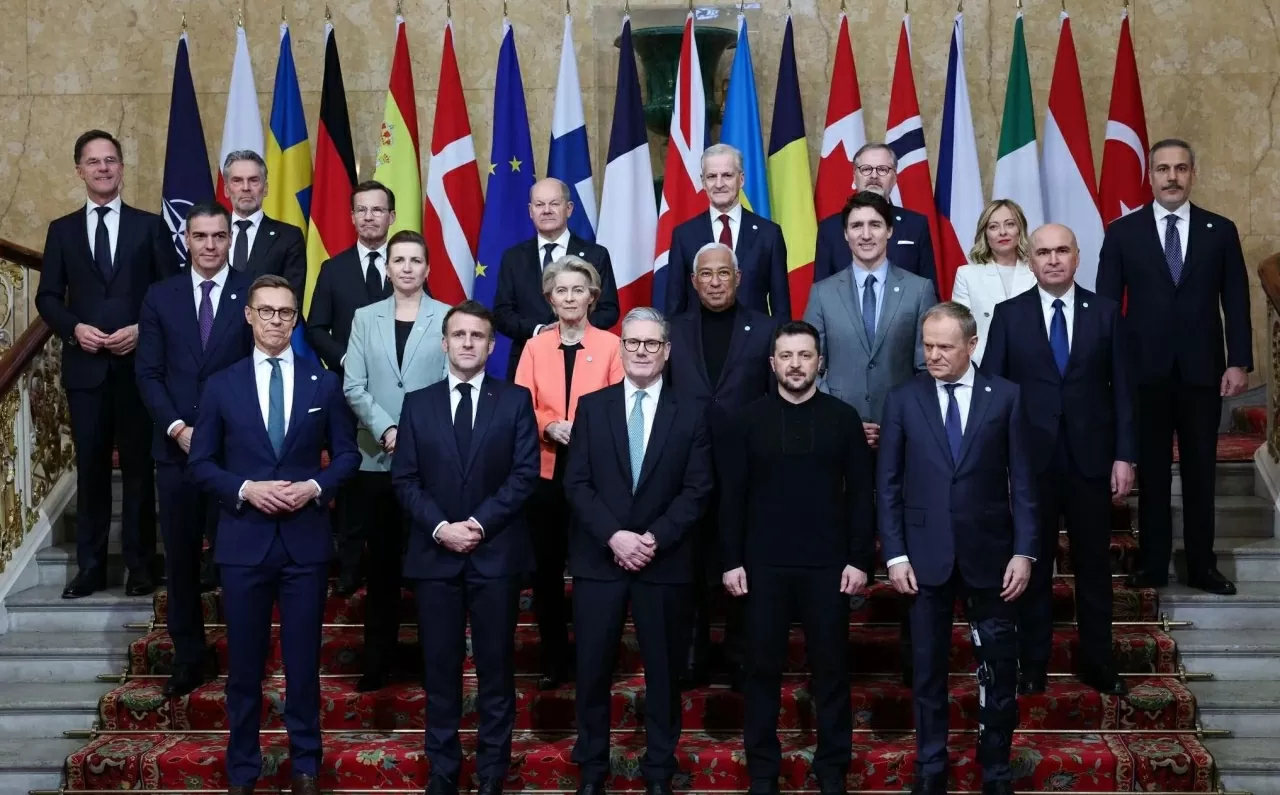 |
| On March 2, European leaders, along with NATO and EU representatives, attended a summit in London (UK) to discuss ways to promote a peace plan for the conflict in Ukraine. (Source: EU Neighnors East) |
In addition, Professor Richard Javad said that America's trans -Pacific allies are quite reserved in criticizing the White House and expect to be prioritized in major defense and trade agreements.
Japanese Prime Minister Shigeru Ishiba and Indian Prime Minister Narendra Modi held “friendly” talks with President Donald Trump, underscoring the strong strategic ties between the two sides. The US also removed Taiwan (China) from its foreign aid freeze and is expected to allocate up to $5 billion in defense aid to the Philippines.
But the Trump administration’s public rapprochement with rival superpowers like Russia, criticism of Ukraine, and pursuit of a transactional foreign policy are pushing America’s European and Asian allies to strengthen their ties. Washington’s allies should also consider “de-risking” measures and engage in collective bargaining with Trump.
Professor Richard Javad said that the transatlantic alliance also faces many challenges when US officials express their views on the possibility of strategic adjustment, and there are certain differences in the approach to European liberal values. At the Munich Security Conference in February 2025, US Vice President JD Vance not only urged European allies to increase defense spending but also attacked the values of the continent.
Shortly after, senior US and Russian officials met in Saudi Arabia to discuss the Ukraine conflict without inviting Kiev. The move led to a series of confrontational reactions, with President Zelensky implicitly suggesting that his US counterpart was listening to disinformation from Russia, and Mr Trump responding by calling the Ukrainian leader a “dictator”.
In short, the world is entering a completely unprecedented geopolitical phase.
New moves on the chessboard of power
Like-minded countries in Europe and the Indo-Pacific region should work together on a “de-risking” strategy ahead of President Donald Trump’s second term for three reasons, Professor Richard Javad stressed.
First, no one is immune. Even Washington’s closest Asian allies could be targeted by tariffs and punitive economic measures from the US, as well as tougher immigration policies. Such moves could hurt millions of undocumented Filipino and Indian immigrants in the US, a major source of remittances.
Moreover, the expert worries that Mr. Trump may eventually pursue a “grand deal” with China, known as the “Mar-a-Lago Accord.”
Additionally, the US leader is likely to be hatching his own version of the 1943 Tehran Conference, which brought together the world's three greatest superpowers to determine global order.
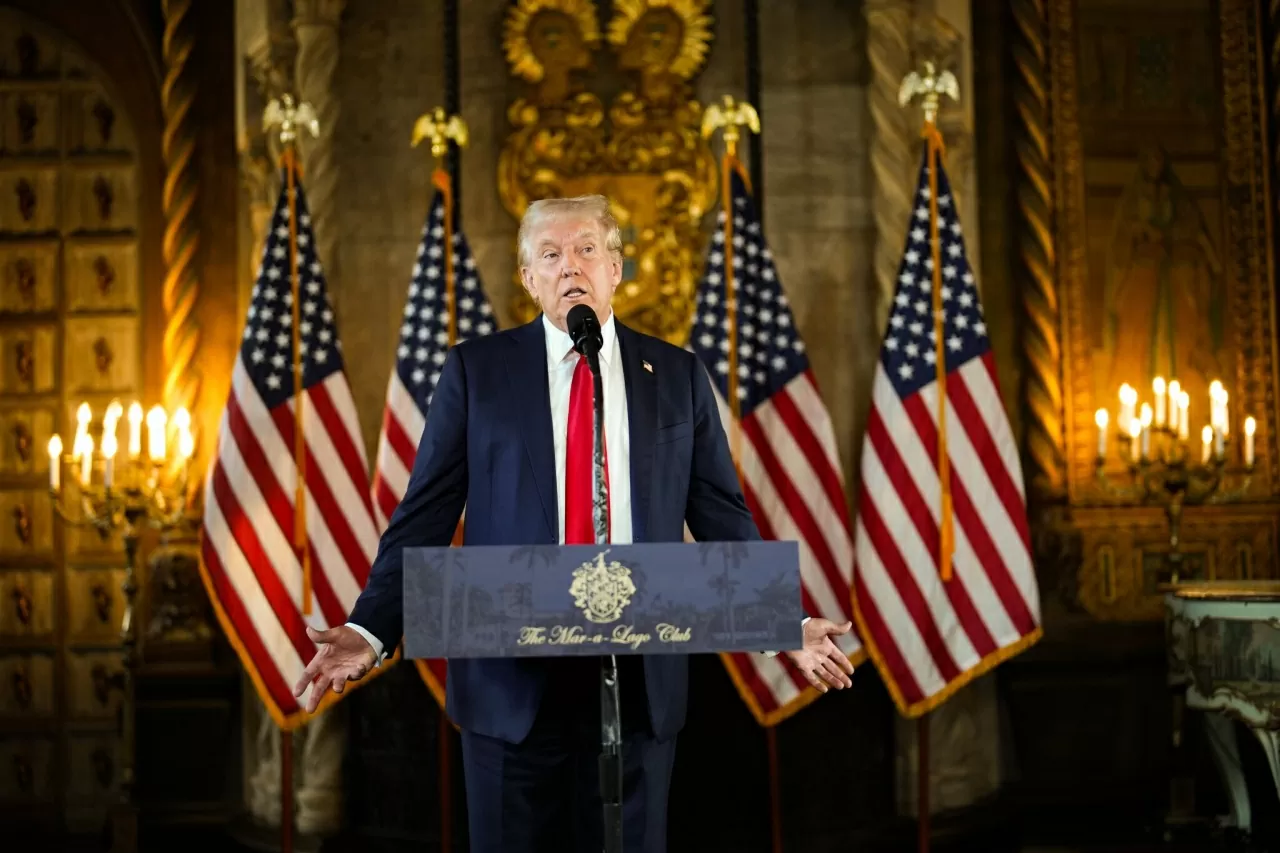 |
| Instead of fulfilling his slogan of “Make America Great Again,” President Donald Trump may inadvertently push Washington into a world where the US must face global challenges alone. (Source: Quincy Institute) |
Meanwhile, Mr. John Byers, who was appointed by President Donald Trump to be in charge of Southeast Asian affairs, proposed a “cooperation spiral approach” in which the US would withdraw its bases and weapons systems from the Philippines in exchange for stability in the East Sea.
Professor Richard Javad asserted that this also shows the growing role of cooperation between like-minded middle powers, including European and Asian allies that are concerned about Washington's policies.
In 2025, French President Emmanuel Macron is expected to visit Southeast Asia and deliver a keynote speech at the Shangri-La Dialogue - Asia's leading security conference, opening in late May in Singapore.
In April 2025, Manila plans to host a conference of like-minded middle powers aimed at reducing strategic dependence on the United States and instead forging closer defense and economic ties.
“As a middle power, the competition among great powers has motivated us to seek cooperation with countries in similar situations and that is what we are doing,” Philippine Foreign Secretary Enrique Manalo told reporters shortly after the Munich Security Conference.
According to Professor Richard Javad, in many respects, the “multi-alignment” orientation is no longer an option but has become the common path, even for America’s closest allies. These countries are building a solid front to respond to President Donald Trump’s unpredictable policies on the international stage. Instead of realizing the slogan “Make America Great Again,” the President may inadvertently push Washington into a world where the US has to face global challenges alone.
Finally, the current geopolitical landscape is changing rapidly, forcing US allies, especially in Europe and the Indo-Pacific region, to seek to strengthen their positions.
Faced with the unpredictability of the Trump administration’s foreign policy, the “multi-alignment” and “de-risking” strategies are emerging as an inevitable choice. Close cooperation among middle powers not only helps reduce dependence on Washington but also opens up opportunities to shape a more balanced international order where no country can unilaterally impose its influence on the rest of the world.
(*) Mr. Richard Javad Heydarian is currently a Professor of Geopolitics at the Polytechnic University of the Philippines. He is also the author of several books, including "The Indo-Pacific: Trump, China and the New Struggle for Global Mastery".
Source: https://baoquocte.vn/khi-cac-dong-minh-tai-dinh-vi-chien-luoc-truoc-mot-nuoc-my-kho-luong-306404.html


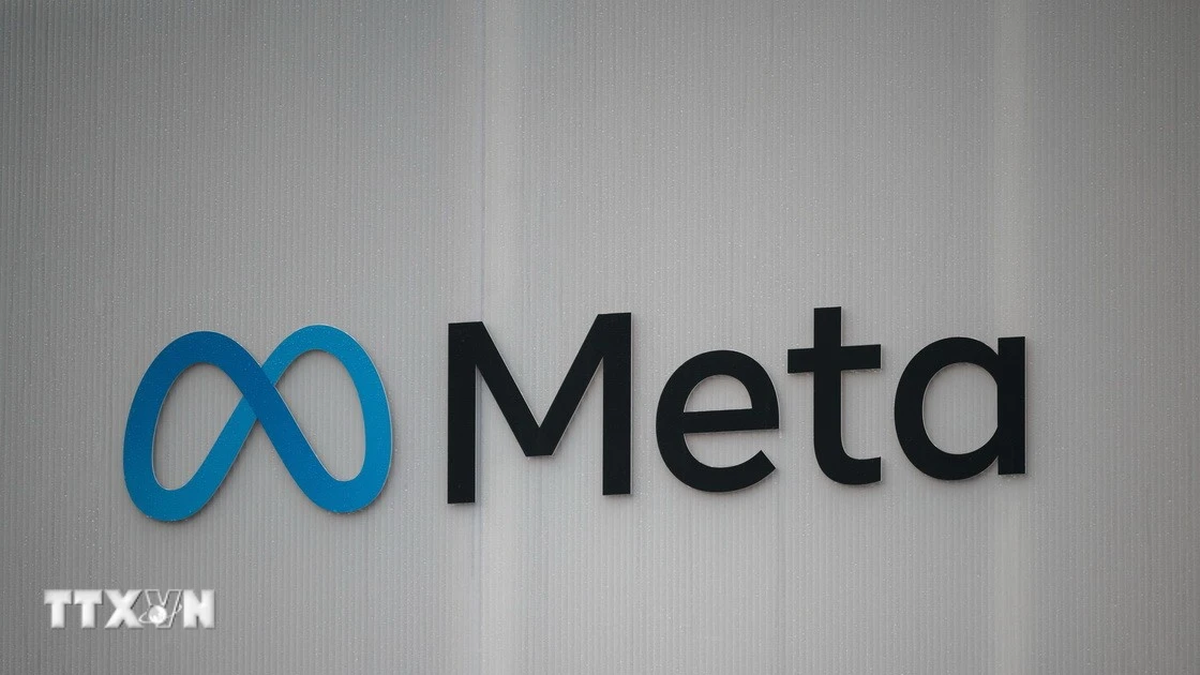
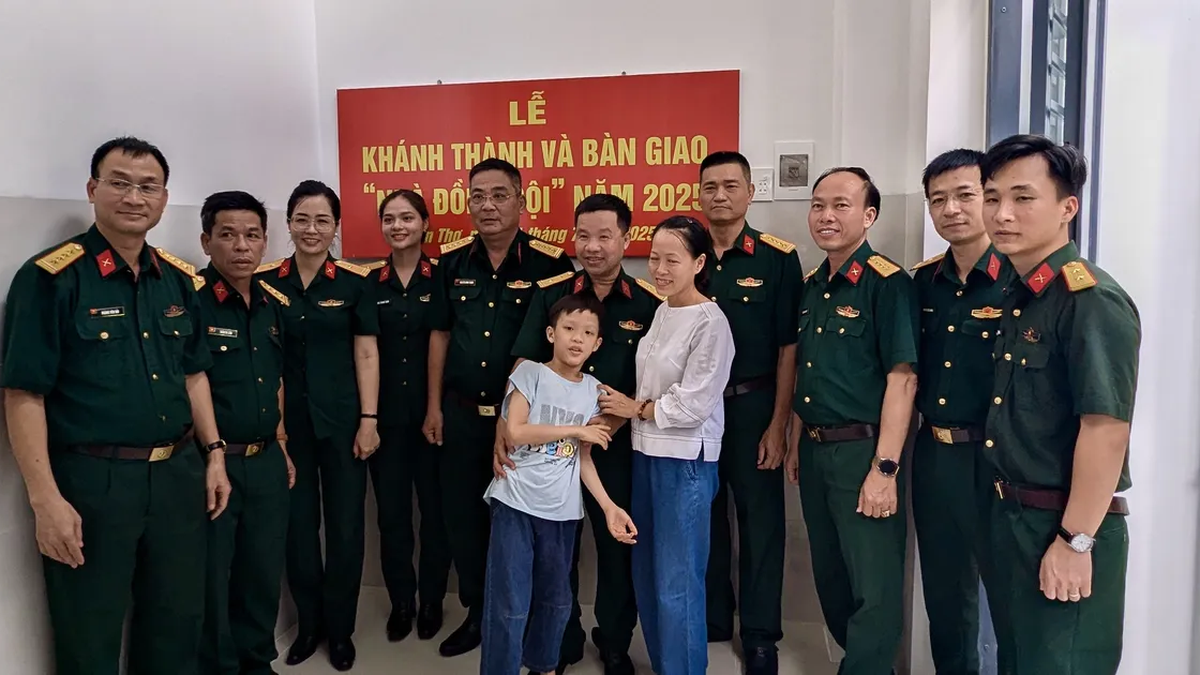
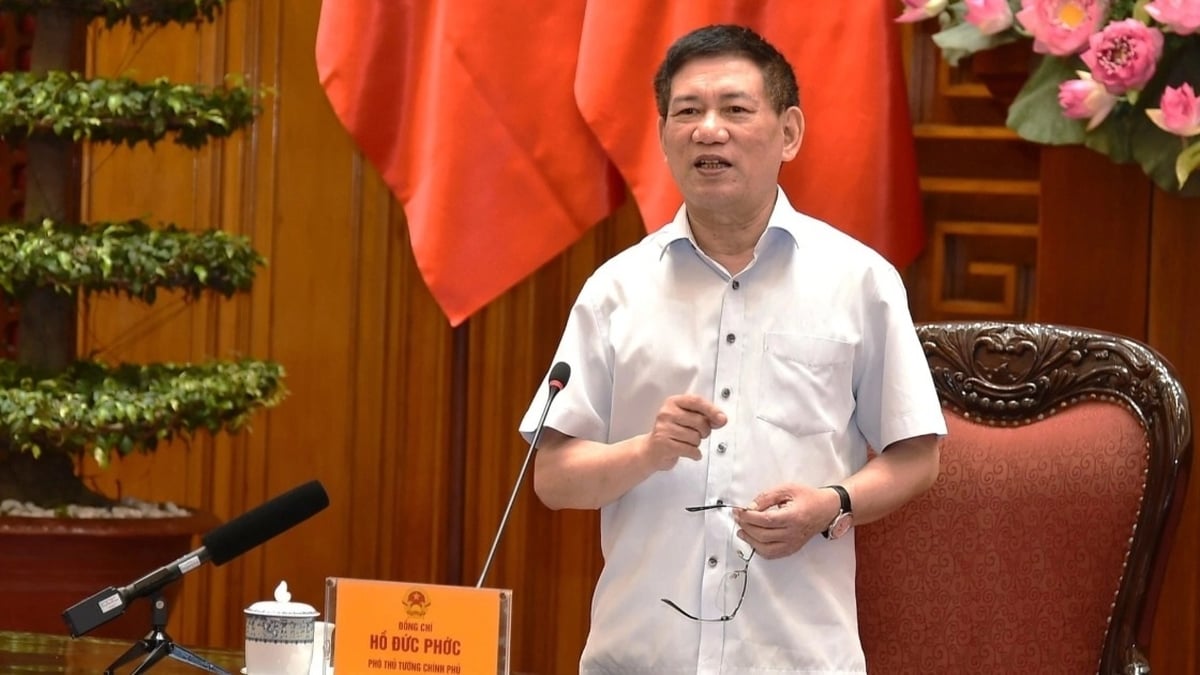


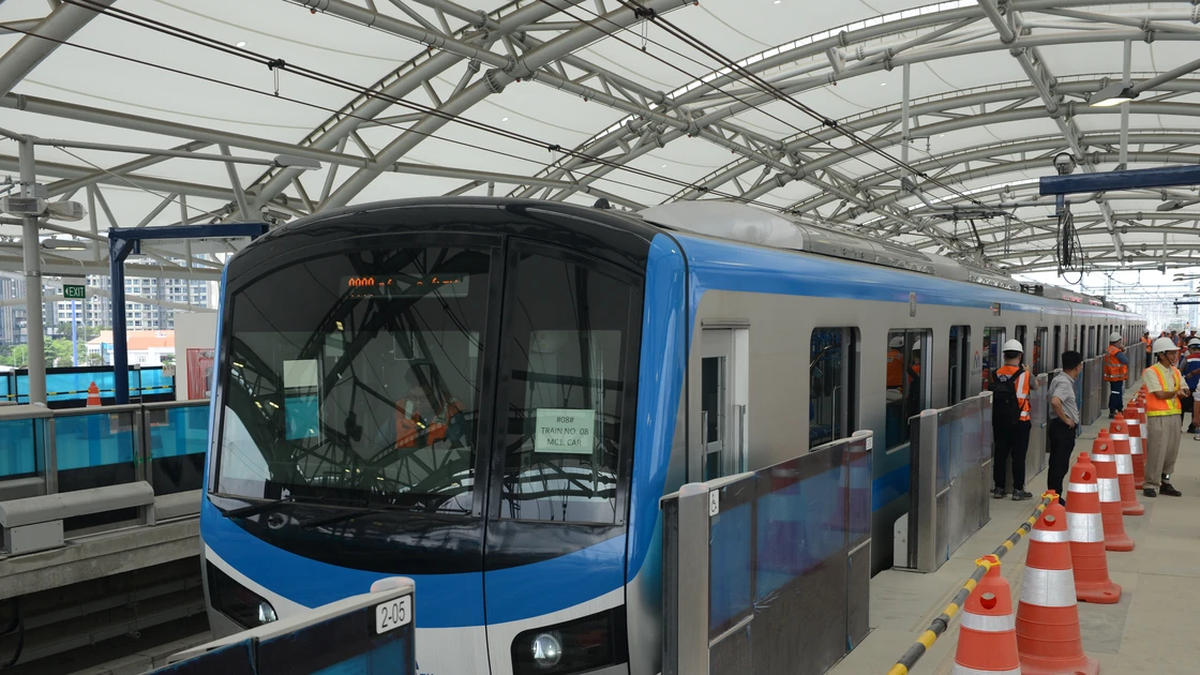

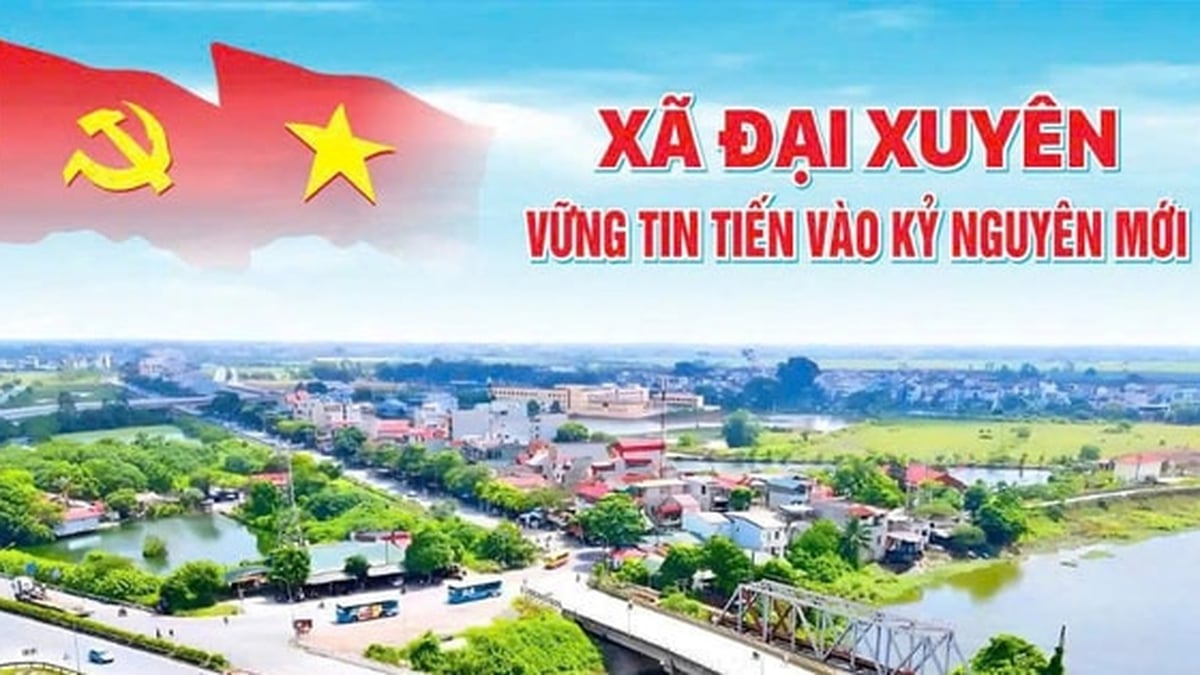
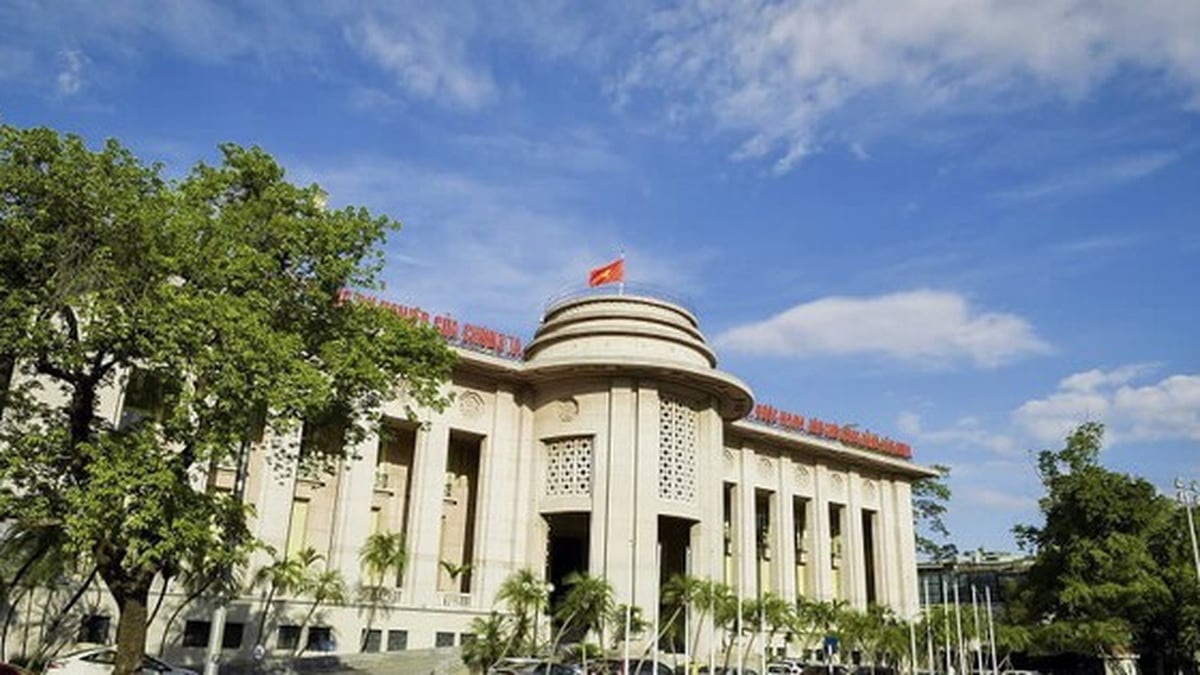
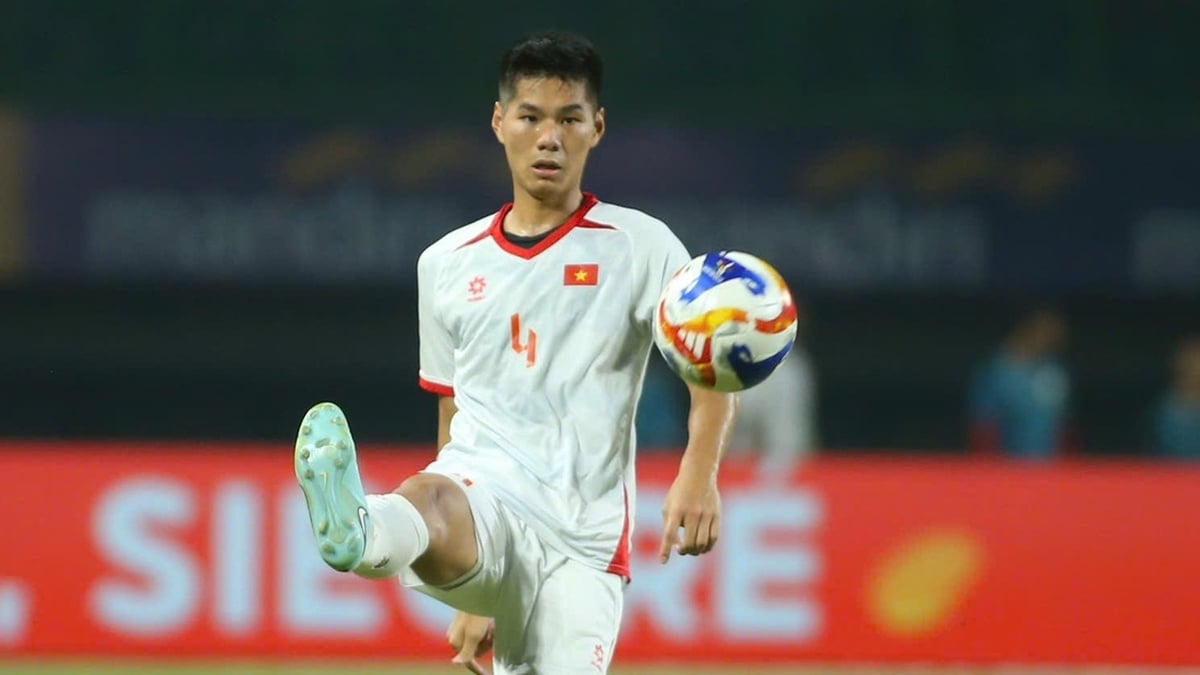





































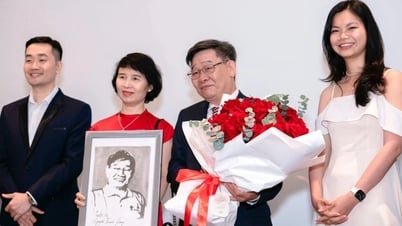

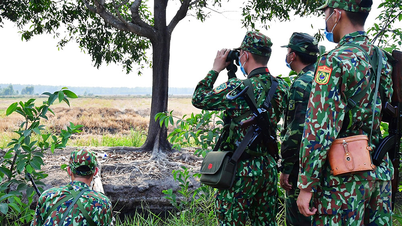




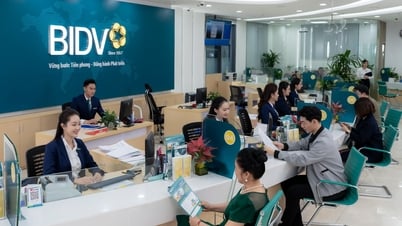

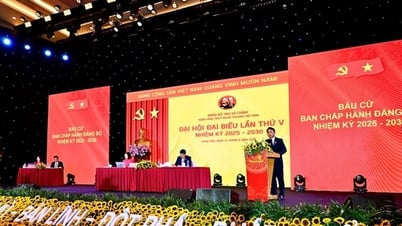
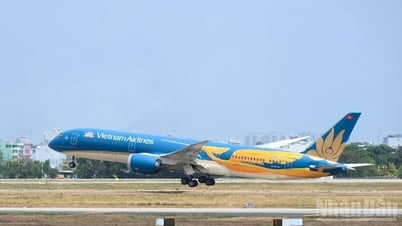





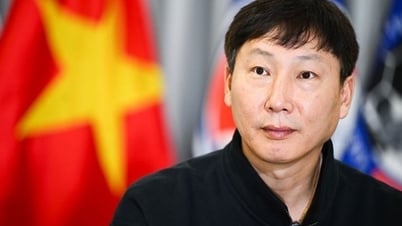


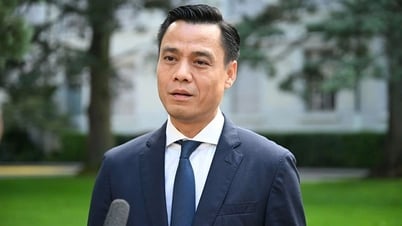
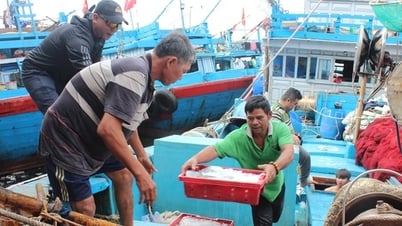

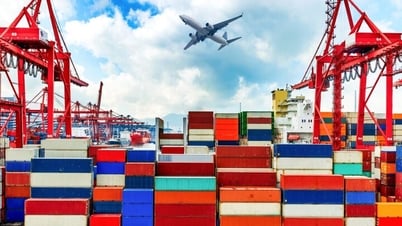

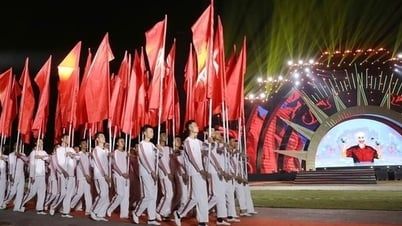


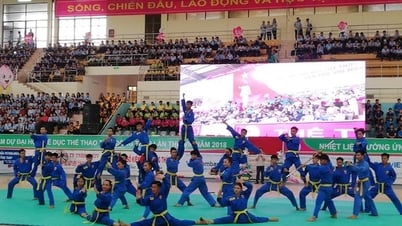
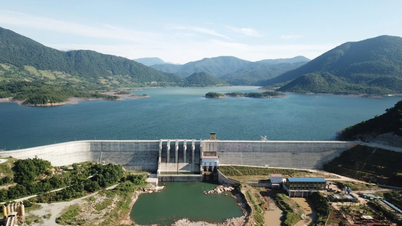
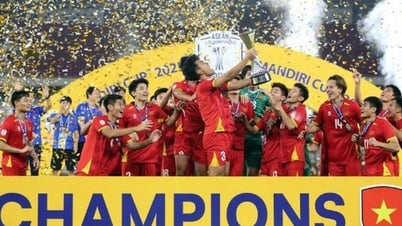




















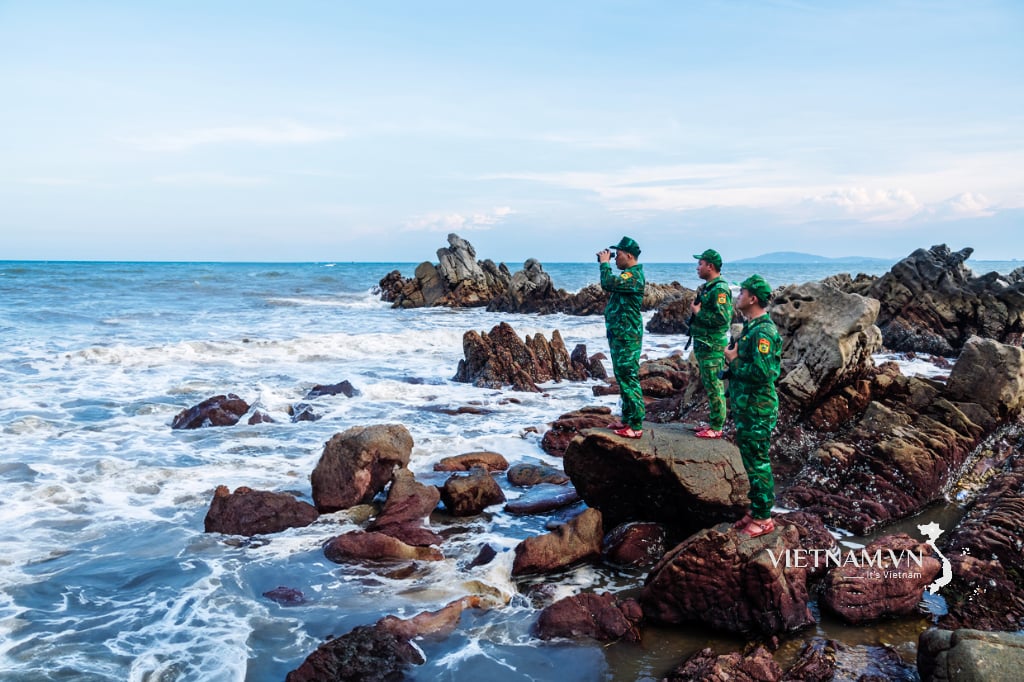

Comment (0)